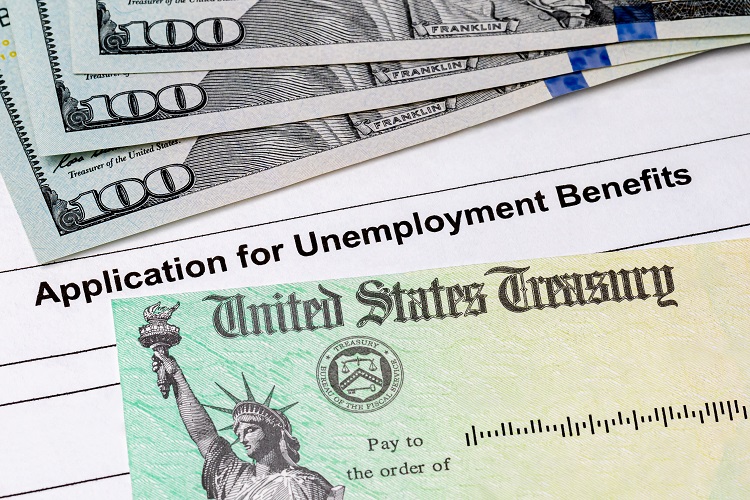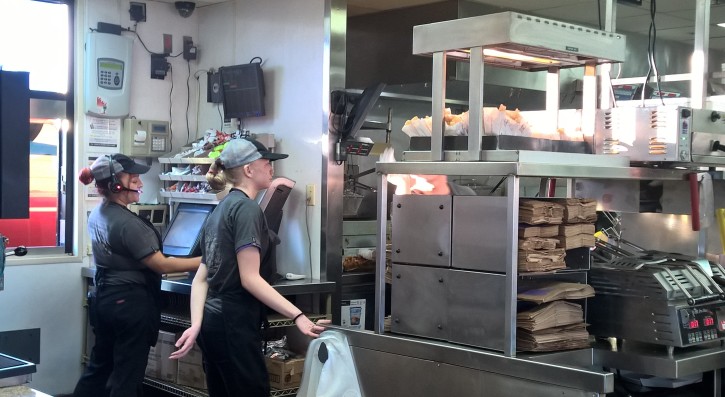
February 27, 2025
Powering AI: The Energy Workforce Crisis No One Is Talking About
We are used to thinking about how burgeoning artificial intelligence (AI) may affect jobs and employment. Usually, this means fixating on whether or not AI systems will replace or augment human labor. What is less often considered is the way AI will, and in fact already does, spur new demand for labor that has nothing…

February 25, 2025
Go Fast, Break HR
How the AI talent race is reshaping recruitment. A new survey of 250 technical leaders reveals a striking paradox: Companies are dramatically increasing AI investments—some by up to 75 percent in 2025—while simultaneously finding a talent well that is running dry. Ninety-four percent of tech leaders identify talent shortages as their primary barrier to AI innovation, and…

February 24, 2025
A Glut of MBAs?
It’s all about the skills, not the credentials. You know the labor market times are changing when Harvard MBAs start showing up in the unemployment stories. According to a recent Wall Street Journal article, 23 percent of recent Harvard Business School grads were still looking for work three months after graduation. In 2022, that figure was only 10 percent….

February 24, 2025
AI and American Dynamism
Last year, I published a report, The Age of Uncertainty, on the challenges in understanding and estimating the job and skill impacts of artificial intelligence. One of the big problems was how quickly expert estimates become outdated, not due to any fault on the part of the experts, but because of how rapidly AI is evolving….

February 20, 2025
The American Dream Is Not a Coin Flip, and Wages Have Not Stagnated
In my last column, I showed that Americans’ assessments of the economy have tracked the official unemployment rate well over the long run. That is important because it suggests that both public opinion and objective measures indicate that the labor market is historically strong (though accelerating inflation during and after the COVID-19 pandemic has caused these…

February 14, 2025
Poverty During the Pandemic and the Role of Government Transfers
The COVID-19 pandemic prompted unprecedented policy interventions in the US that provided nearly $3 trillion to support struggling families. This column examines the short-term effects of these interventions on child poverty and finds quite different trends for income poverty and consumption poverty. While disposable income poverty declined dramatically in 2021, consumption poverty fell more gradually,…

February 11, 2025
AI and the Future of Work Looks Bright
One of the hottest guessing games in workforce development is figuring out how generative artificial intelligence will affect jobs and how to prepare students and workers for an AI-infused economy. The future of work looks bright, but the full potential of AI to increase productivity and raise wages and incomes will only be realized if…

February 4, 2025
Snip, Snip: Spending Cuts Are Coming
Republicans’ agenda of cutting taxes and increasing spending on their policy priorities depends significantly on identifying productive spending reductions. But just cutting spending will not be enough. Republicans must also explain how their tax and spending cuts will result in better outcomes for all Americans. The federal debt has exploded to $36 trillion and annual…

February 3, 2025
Legislators Want to Give Tens of Millions of Free Lunches to Students Who Don’t Need Them
Wisconsin state legislators recently introduced a series of bills to help working families across the state. Among these proposals is one that calls for providing free breakfast and lunch for all schoolchildren. At first glance, the initiative seems straightforward and compassionate — after all, who would oppose ensuring children have enough to eat? However, a closer look…

January 8, 2025
Menu Adjustment in Response to the Minimum Wage: A Return to the New Jersey-Pennsylvania Border
Abstract This paper studies how output prices are affected by increases in the minimum wage. To the best of our knowledge, we provide the first examination of how the prices of an entire menu of items at a single business adjust in response to a minimum wage increase. Using data we gather from a fast-food…